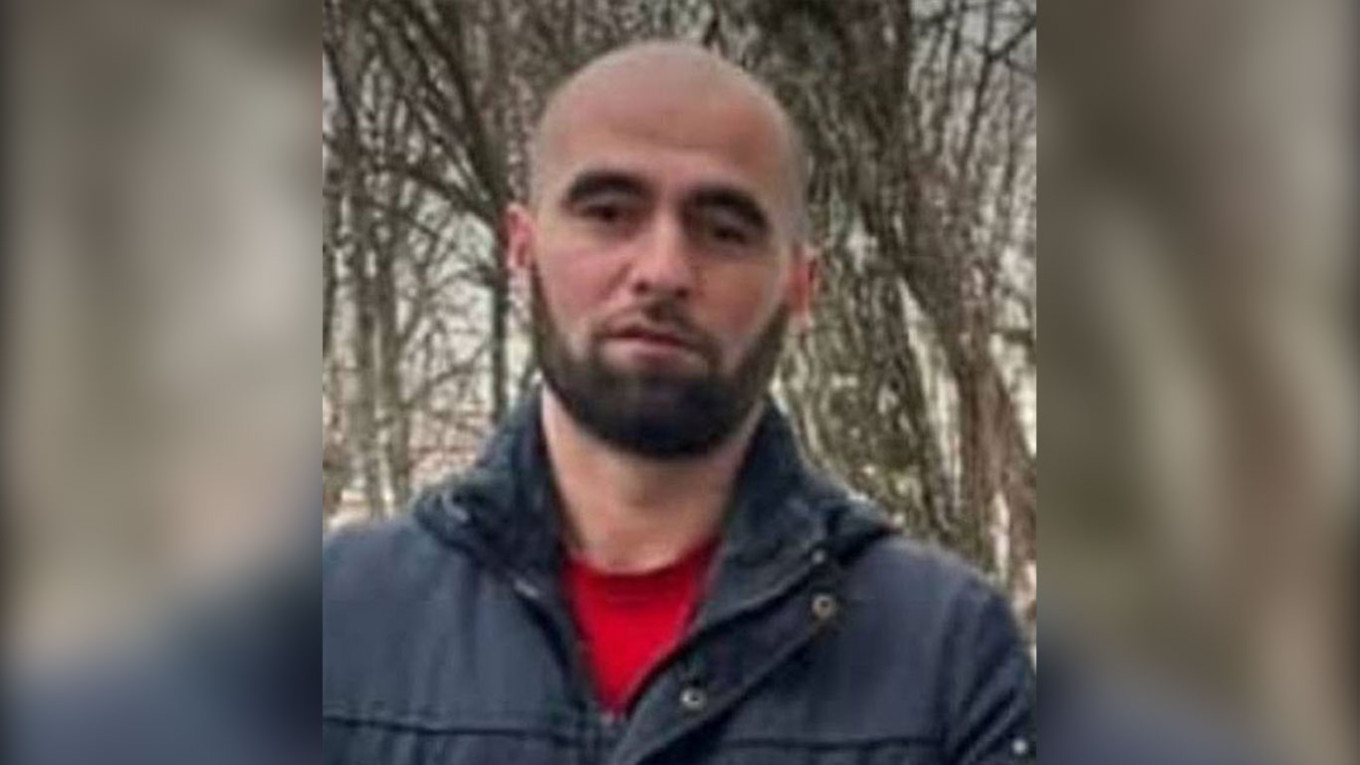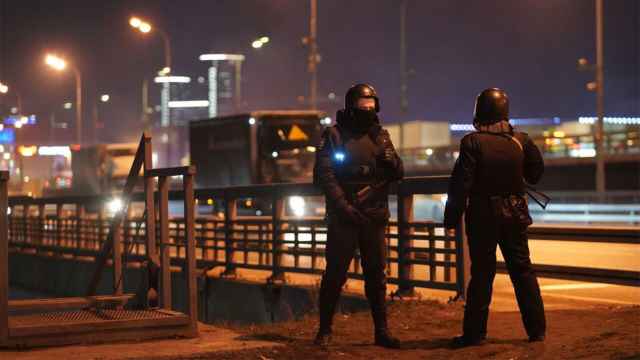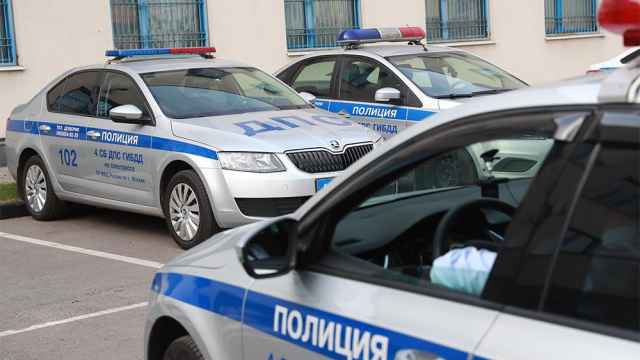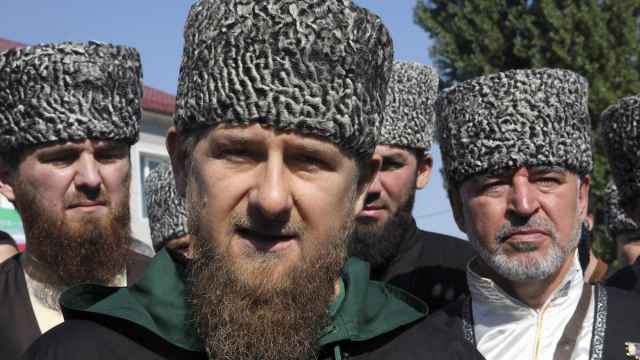A Chechen man died in police custody hours after being detained in Moscow in connection with last month’s deadly concert hall attack, the investigative news outlet Agentstvo reported, citing the man’s mother.
Taisa Uspanova told Agentstvo that her son Askhab Uspanov was detained by police on March 22, the day of the Crocus City Hall attack, which saw camouflaged gunmen kill more than 140 people and wound hundreds more.
According to the mother, Uspanov’s wife went to the police station where he was being held after receiving a phone call from him. When his wife arrived at the police station, she was told that her husband had died.
Uspanov’s mother maintained that her son had nothing to do with the concert hall attack, which was claimed by the Islamic State affiliate ISIS-K despite accusations from top Russian officials that Ukraine and its Western allies were somehow involved in the mass shooting.
The Chechen opposition group 1Adat, which first reported on Uspanov’s death in police custody late last week, claimed that he had been tortured during his detention.
On Monday, 1Adat published graphic videos of what was said to be Uspanov’s body after an autopsy. The person recording the videos says Uspanov had a fractured skull, a broken ribcage and a broken spine.
“They staged suicide through hanging to conceal their crimes,” the unidentified person could be heard saying in one of the videos.
It was not immediately possible to verify the reports by Agentstvo and 1Adat or the videos, and Russian law enforcement officials have yet to publicly comment on Uspanov’s reported death.
Uspanov’s mother told Agentstvo that she does not believe her son could have committed suicide because of his Muslim faith.
She added that Uspanov, who was buried in his native republic of Chechnya, had a construction business. Russia’s corporate registry notes that his business was liquidated on March 22 “due to the individual entrepreneur’s death.”
A Message from The Moscow Times:
Dear readers,
We are facing unprecedented challenges. Russia's Prosecutor General's Office has designated The Moscow Times as an "undesirable" organization, criminalizing our work and putting our staff at risk of prosecution. This follows our earlier unjust labeling as a "foreign agent."
These actions are direct attempts to silence independent journalism in Russia. The authorities claim our work "discredits the decisions of the Russian leadership." We see things differently: we strive to provide accurate, unbiased reporting on Russia.
We, the journalists of The Moscow Times, refuse to be silenced. But to continue our work, we need your help.
Your support, no matter how small, makes a world of difference. If you can, please support us monthly starting from just $2. It's quick to set up, and every contribution makes a significant impact.
By supporting The Moscow Times, you're defending open, independent journalism in the face of repression. Thank you for standing with us.
Remind me later.






